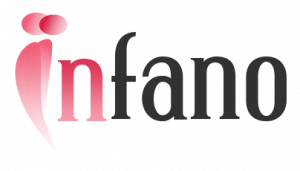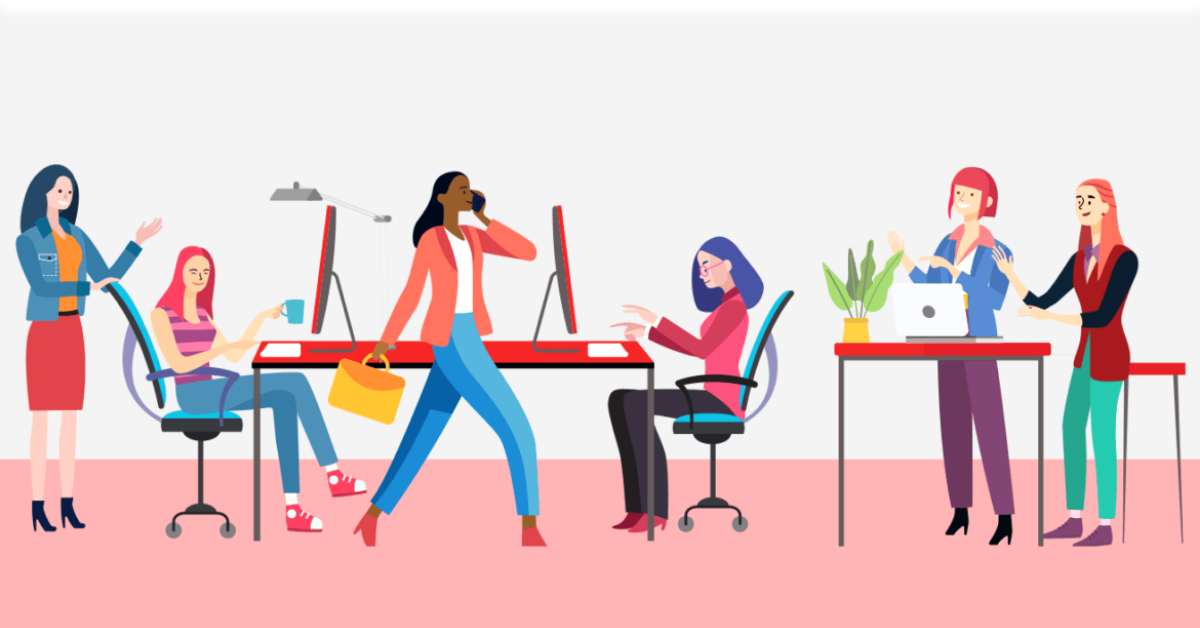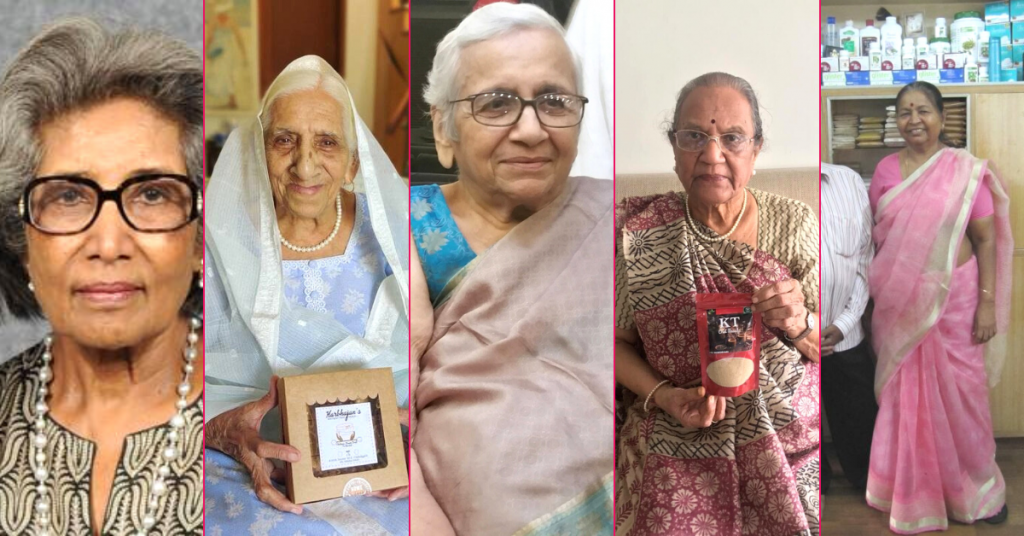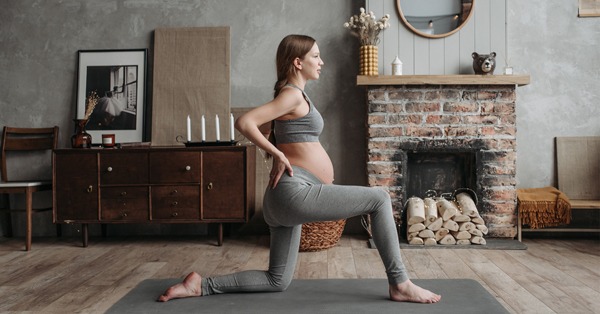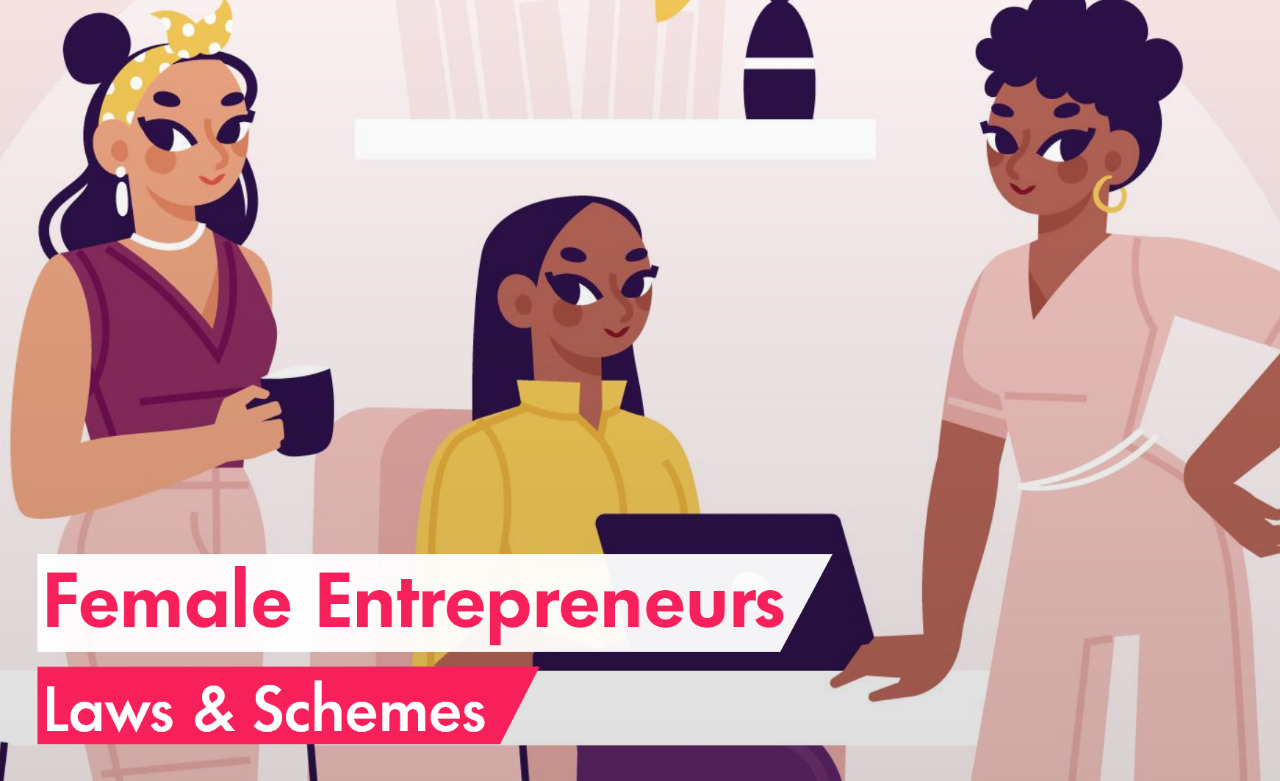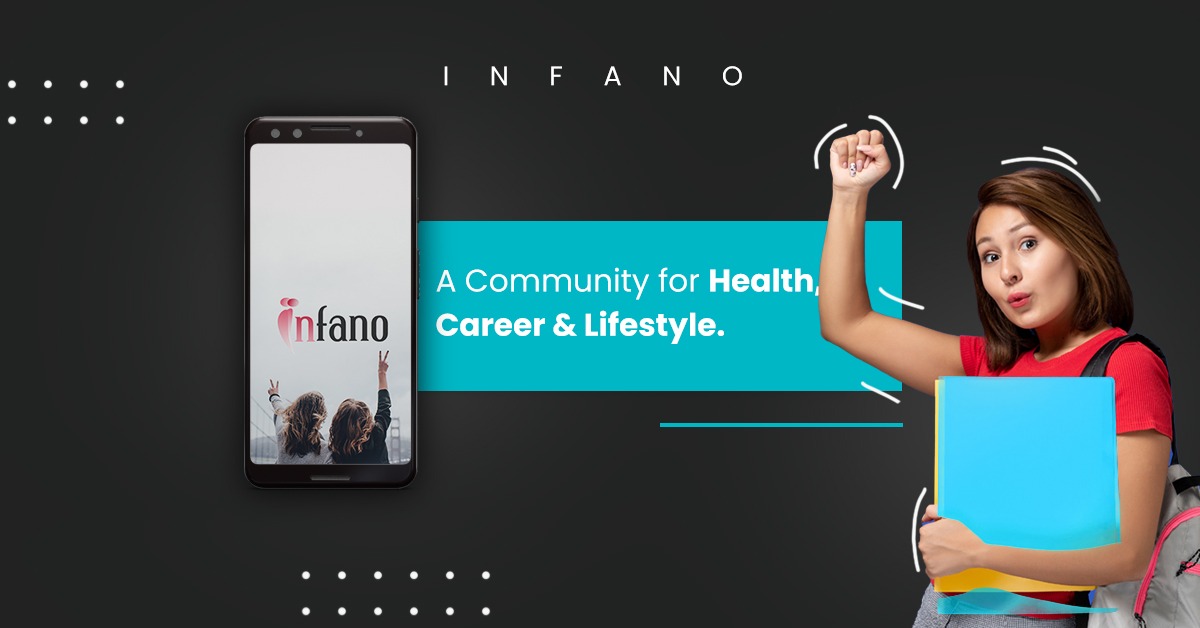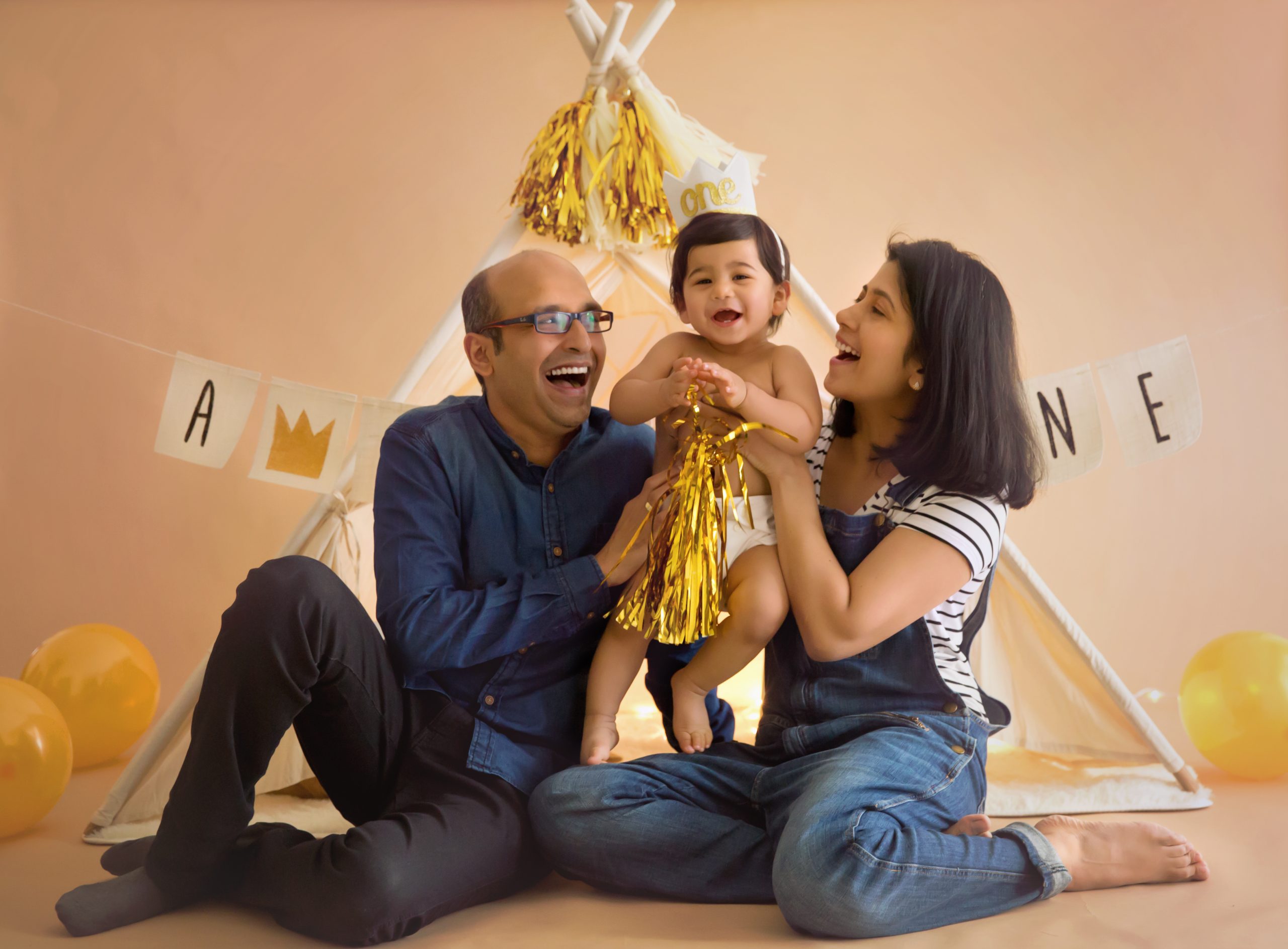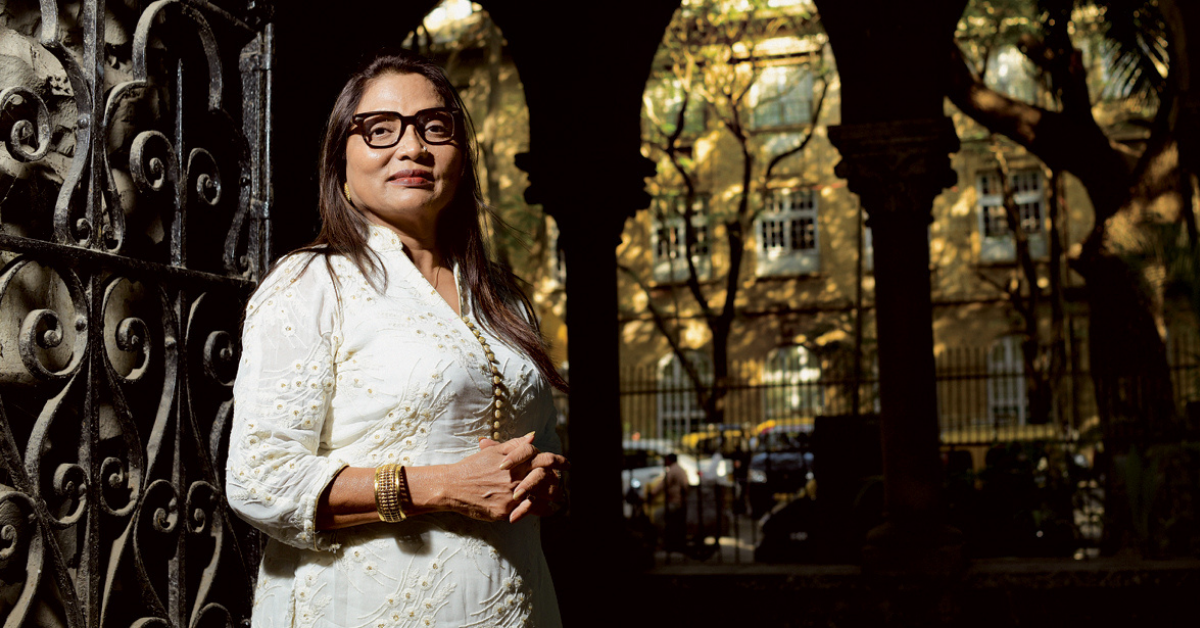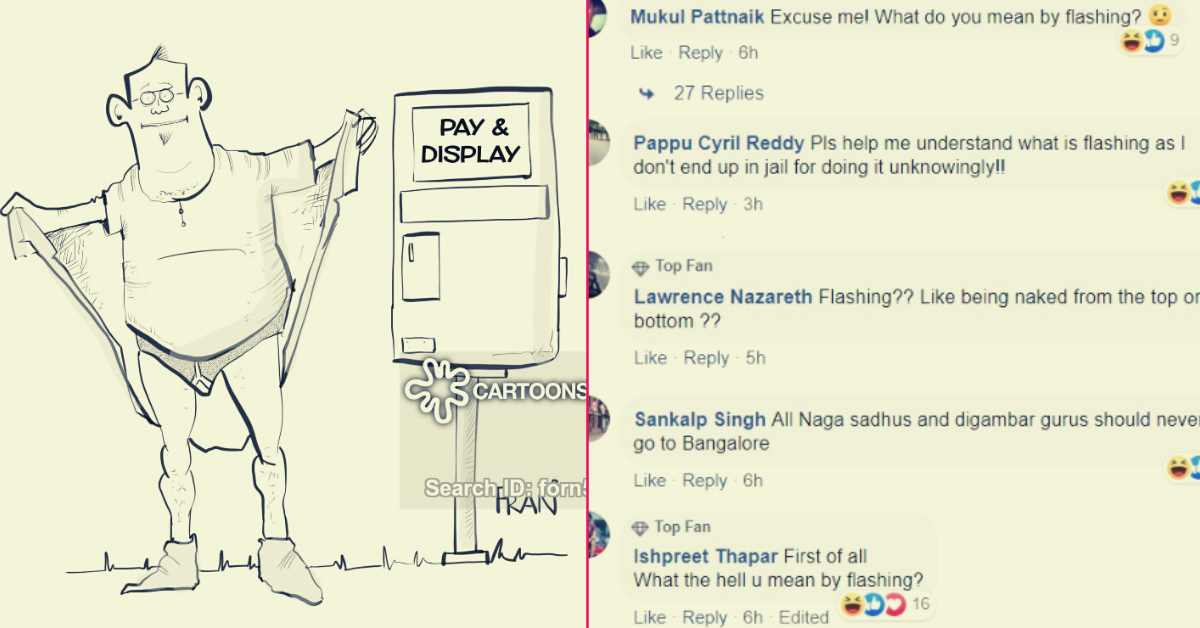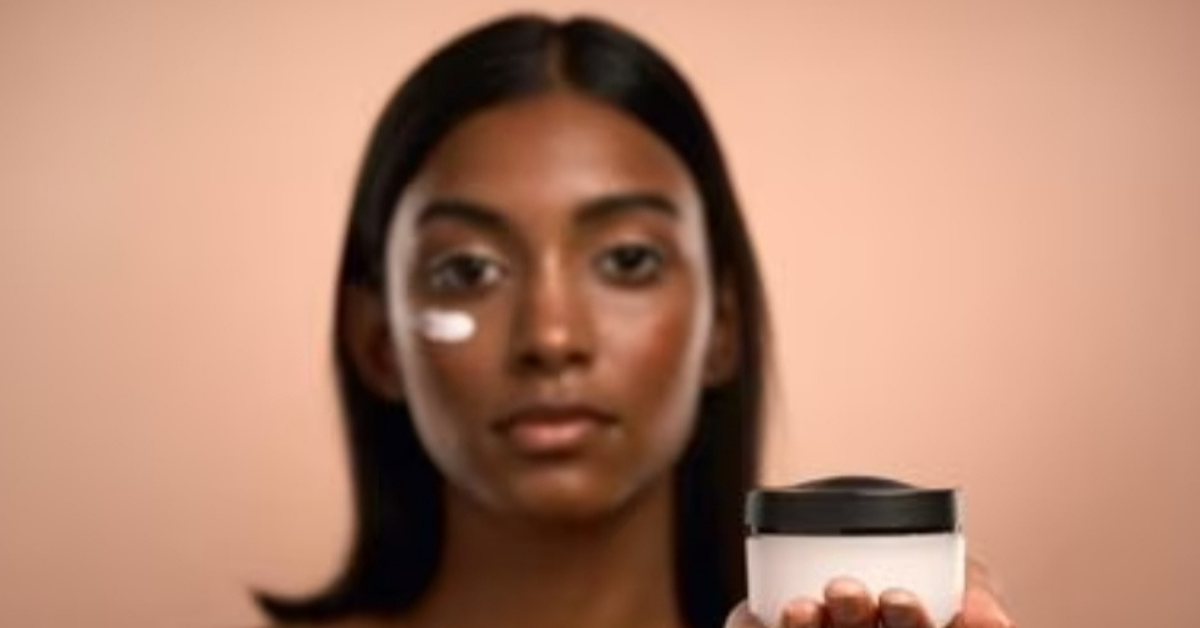My grandmother never stopped working — not until her last month. And this is what encouraged me to keep working, no matter what the situation in your life is!
That feeling of being self-dependent and making your life the way you wish is incomparable.
People often limit their ambitions — either after a certain milestone, or a certain situation or a certain age. But they do not actually unleash their full potential and do not explore life as much as they should be.
Who says that age is a limit to anything? I’m writing about six such passionate women entrepreneurs who proved that age is just a number, and it’s you who define yourself and your ambitions.
Radha Daga
When Radha Daga started her food business at the age of 69, she wasn’t new to the entrepreneurial space — her garment export business was already a hit. But her multi-crore company, Triguni Food Pvt Ltd, a ready-to-eat food manufacturer in Chennai, became a major success after Indigo Airlines became one of their premium clients and responsible for the 80% of their business profit.
“I work eight hours every day, and though I do take three to four short vacations in a year, I am always available to my team,” says the 78 YO founder and managing director of Triguni Food.
Harbhajan Kaur
When Harbhajan Kaur started her home-made barfi business at the age of 90, little did she know that her business would be praised and recommended by Mahindra group chairman Anand Mahindra.
Her barfi recipe has always been one of the most demanding and tempting recipes among her family and friends, but she never thought to turn it into a business because her husband was against her working. But on her daughters’ suggestion, she started selling her barfi at Apni Mandi, a weekly organic market in Chandigarh.
“Every week, I make about 5kg of barfi or more depending on the orders I get,” says the 94 YO entrepreneur. “Who would have thought she would get so much success and fame?” says her eldest daughter, Amrit Tulsi.
Yamini Mazumdar
When Yamini Mazumdar started her laundry business at the age of 68, she never thought that she would be able to achieve so much with it. “I didn’t want to sit idle so decided to start something of my own. I go to the office every day and work for four hours. I am still quite young,” says the 88 YO businesswoman.
“My mom’s entrepreneurial genes have made me who I am,” says her daughter and Biocon founder Kiran Mazumdar-Shaw.
Kokila Parekh
When Kokila Parekh started her chai masala business at the age of 79, it was only a way to keep herself occupied during the coronavirus lockdown. Her brand, KT Chai Masala, has received more than 500 orders from Mumbai, Bangalore, Pune, and Ahmedabad in less than a few months.
Her chai masala powder business is handled by her and three domestic helpers. The ingredients include various spices such as dried ginger powder, cinnamon powder, pepper and cardamom, and the whole packet comes with a shelf-life of 6-8 months.
Ansuya Shah
When Ansuya Shah started her spice business at the age of 67, it wasn’t her first attempt in the entrepreneurial space. “From a very young age, entrepreneurship interested me. I have always had good management skills and an inclination to keep busy all the time. One thing was clearly etched in my thoughts – to always be the ‘alpha’ in whatever I do. I think all of this has helped me in my life to be a success,” Ansuya says.
Her home in Ahmedabad would give you a mixed essence of packaged condiments, powdered masalas, and raw spices. She single-handedly set up and built her spice business and made it a success with her husband’s constant support.
I don’t know what I’ll be doing at the age of sixty, but if I stay alive and healthy and feel clueless, I will surely come back to this story to take some inspiration and strength! #PassionToProfession #InfanoWomen
